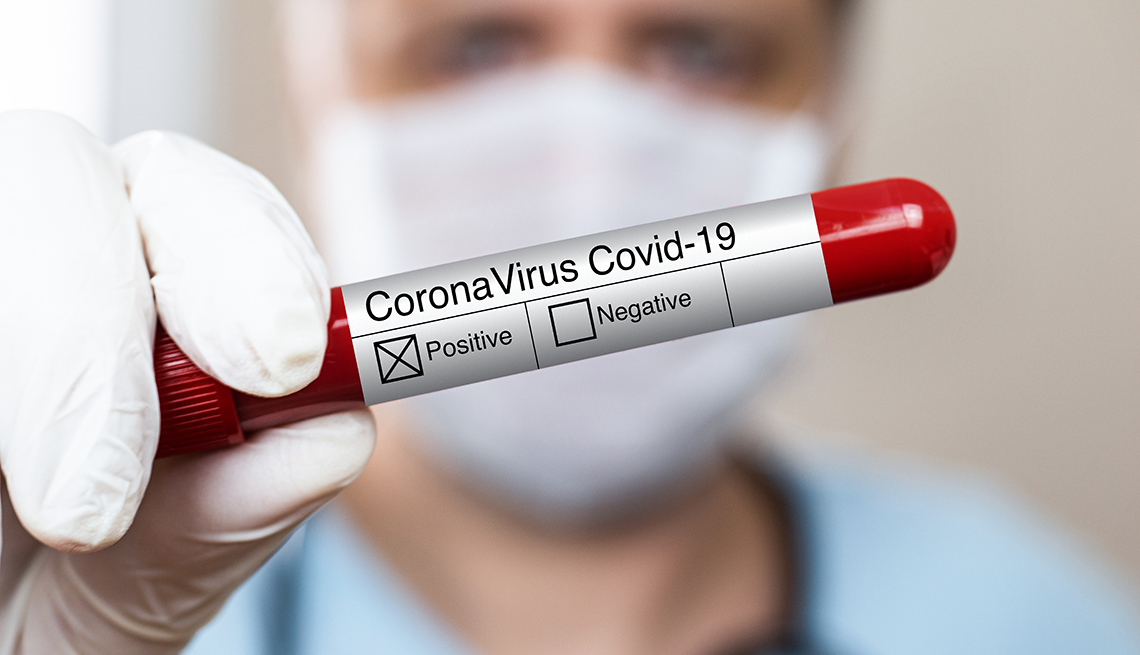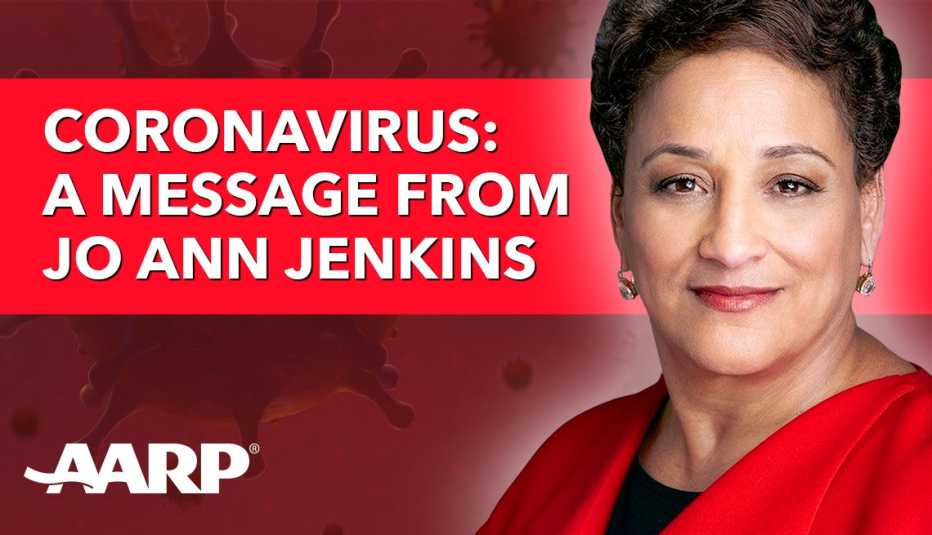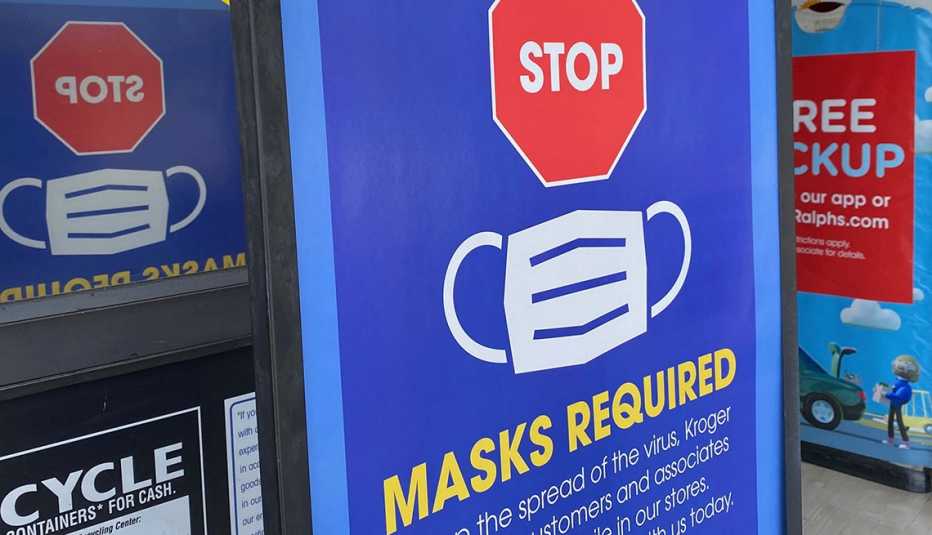Staying Fit
Wondering if you’ve already had a mild or asymptomatic case of COVID-19 and if that provides you with some immunity to the disease going forward? If so, you may have considered taking a coronavirus antibody test. It’s the kind that uses a blood sample to check for identifying antibodies that show your immune system has already responded to an infection (not the test that uses a nasal or throat swab to check for genetic material of the virus itself, telling you if you have COVID-19 right now).
While coronavirus antibody tests can provide public health experts with quite a bit of information — say, how widespread the virus may be across a population — their accuracy and usefulness on an individual level are a little less clear. Here’s what you need to know before taking one of the many new antibody tests now on the market.


AARP Membership— $12 for your first year when you sign up for Automatic Renewal
Get instant access to members-only products and hundreds of discounts, a free second membership, and a subscription to AARP the Magazine.
How an antibody test works
In response to a virus, the body's immune system produces blood proteins called antibodies that neutralize and fight off the specific pathogen being introduced. In the case of COVID-19, such antibodies fight off a pathogen known as SARS-COV-2.
With other types of viral infections, a high level of antibodies “means you have some level of immunity,” says Cristina Cassetti, director of the Division of Microbiology and Infectious Diseases at the National Institute of Allergy and Infectious Diseases (NIAID) at the National Institutes of Health (NIH) in Bethesda, Maryland.
Scientists say that the same is likely true for coronavirus, though they don't know how long this protection may last. “It could be two months, six months or 10 years. We're doing studies now and don't have the data yet,” Cassetti says. Indeed, the latest evidence from a small study just completed in London and not yet peer-reviewed suggests that immunity to the virus could be short-lived.



































































